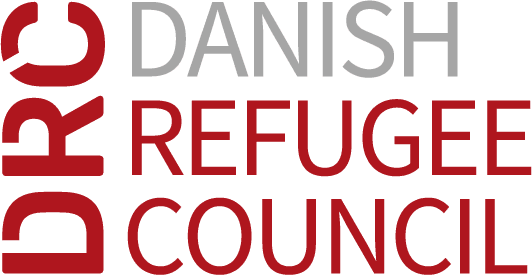

Powerful flood response by Pakistan's diaspora
26 January 2023
After the unprecedented monsoon rains ravaged Pakistan from June to October 2022, more than 7.9 million women, men, girls and boys have been displaced. By mid-January 2023, as many as 4 million children were still living near contaminated and stagnant flood waters, risking their survival and wellbeing. Public authorities were overwhelmed with the scale of the disaster. But Pakistan's 9 million strong diaspora stepped into action immediately to support people in need. Paani Organization has been one of them.
Selling donuts in Michigan to provide clean water in Pakistan
The story of Paani is a story of four university students in Michigan, USA. They wanted to give back to the country that raised their parents by investing their resources and time to solve the most pressing issue of Pakistan: lack of clean water!
It was a cold and crisp November evening in the basement of the Michigan Union in Ann Arbor. Four Pakistani-American students settled next to the windows to eat fish burgers from Wendy’s downstairs. What started as a hangout to complain about school, shifted into weekly meetings intended to analyze alternative methods to deliver clean water to areas in Pakistan with contamination or without access to water. To generate the financial capital to build our first well, they purchased and sold donuts to students on their way to class for 3 months. These bake sales turned into deposits. Deposits which were used to fund the first well, in rural Sindh.
There is no question that we are faced with several significant problems but the biggest problem we currently face is the water crisis. Imran Khan, Prime Minister Pakistan
Water as emergency relief
The following years, Paani and its team in Pakistan built almost 5,000 wells across high-risk areas throughout the country. But the lack of clean water led to other problems, too. Contaminated water caused water-borne diseases, affecting often the most vulnerable: children and elderly people. Paani secured nearly USD 1 million in medical supplies for hospitals focusing on battling water-borne diseases.
Fighting the floodings with local support
Pakistan faced devastating floods and landslides in the monsoon season 2022, affecting all four of the country’s provinces and approximately 15% of its population. Paani project mobilized resources both in the U.S. and Pakistan, raising funds and assessing the needs on the ground. In Pakistan, one of their trusted partners is Takal Welfare Organization (TWO). With funding and support from Paani, TWO set up a medical camp for almost 300 families affected by the floodings, as well as provided
- 550 Winter Kits
- 400 Food Packs
- 200 Kitchen Sets
- 150 Hygiene Kits
along with clean drinking water. After the immediate emergency response, they started distributing mosquito nets, biscuits for children and cooked food among families who have been displaced on the roadside or are in temporary camps.
Why is localized aid so important?
Local humanitarian actors are the first to respond when disasters strike and often have access to areas that international actors do not. Their presence within communities before, during, and after crises means they are generally best placed to link immediate response efforts to longer term resilience-building, preparedness and recovery.
Diasporas play a crucial role in this localization agenda - because of the strong, local ties to their families and communities in their country of origin and heritage. They not only are able to receive updates on emergencies in real-time, but can respond to disasters quickly, unbureaucratically and adapt to swiftly changing situations.








